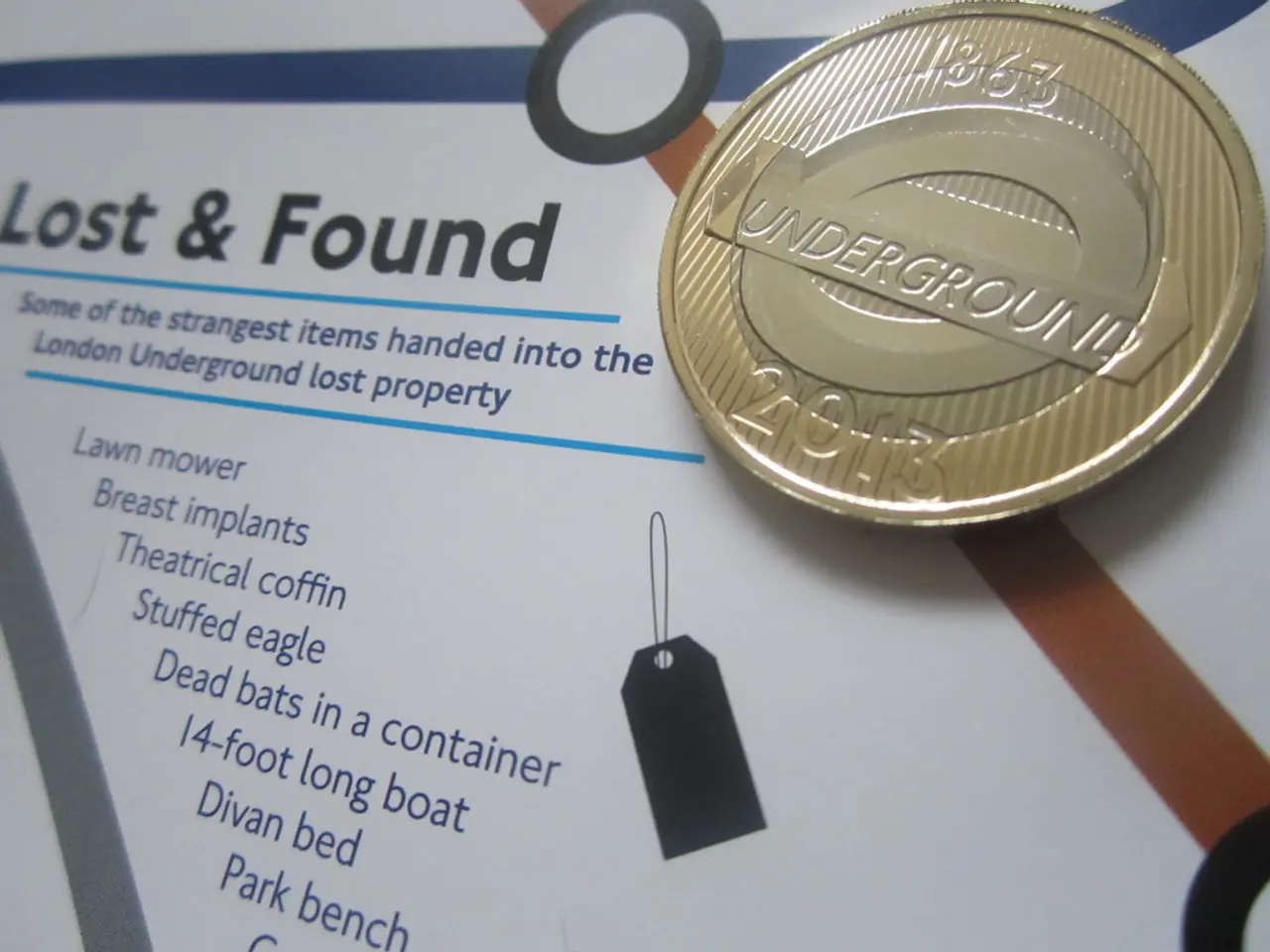NFT Vulnerability Uncovered on OpenSea
In the rapidly expanding world of Non-Fungible Tokens (NFTs), concerns about security and fraud have come to the forefront. Recently, a vulnerability was found in the OpenSea NFT marketplace, raising questions about the safety of transactions and the authenticity of NFTs.
The discovery of this vulnerability allowed attackers to create fake listings or alter existing ones, potentially leading unsuspecting buyers to purchase non-existent or misrepresented NFTs. In response, OpenSea has taken proactive steps to address this issue, urging its users to exercise caution when making purchases and temporarily disabling the ability to edit listings.
In an effort to prevent future attacks, OpenSea has introduced new security measures. These measures could include identity verification for sellers, greater transparency around NFT provenance and authenticity, and more rigorous auditing of NFT listings.
The incident involving the OpenSea NFT marketplace vulnerability underscores the importance of maintaining high levels of security in the growing NFT industry. As the popularity of NFTs grows, so does the potential for cyber attacks and fraud. To address this issue, stricter security measures should be implemented across all NFT marketplaces.
Some key strategies being proposed include Two-Factor Authentication (2FA) and regular security audits, strict seller and NFT verification processes, integration with secure cryptocurrency wallets, anti-fraud and anti-phishing measures, cross-chain support with enhanced security protocols, and compliance with emerging regulations.
Platforms like OpenSea have already implemented multiple security features such as 2FA to secure user accounts and frequent audits to detect vulnerabilities early. Marketplaces like Rarible and SuperRare require artists and sellers to undergo thorough verification before minting NFTs, ensuring authenticity and reducing counterfeit risks. Supporting reputable wallets like MetaMask, Coinbase Wallet, and Trust Wallet allows safer storage and transaction environments for NFTs.
Educating users to avoid phishing attempts by buying only from verified marketplaces and employing software to monitor suspicious activities are growing recommended practices. Supporting multiple blockchains while maintaining comprehensive security protocols helps to reduce single points of failure and broadens trust. Lawmakers are beginning to enforce consumer protections and anti-fraud requirements in crypto-related operations, which will likely extend to NFT marketplaces, further enforcing security standards.
The emerging NFT market is focusing on multi-layered verification, secure wallet integrations, user education against scams, and adapting to legislative measures to strengthen their defenses against cyber attacks and fraud. These measures are crucial for ensuring the integrity of the NFT market, particularly for artists and creators who rely on NFTs as a source of income.
The vulnerability found in OpenSea is a reminder of the need for continued vigilance and proactive measures to protect buyers and sellers in the NFT marketplace. As the industry continues to grow and evolve, it is essential that marketplaces prioritise security to build trust and confidence among users.
[1] OpenSea Blog. (2021). Security Updates: OpenSea's Response to the Recent Exploit. Retrieved from https://blog.opensea.io/security-updates-openseas-response-to-the-recent-exploit-97c70e850364
[2] Cointelegraph. (2021). OpenSea NFT marketplace: How to avoid phishing attacks. Retrieved from https://cointelegraph.com/news/opensea-nft-marketplace-how-to-avoid-phishing-attacks
[3] CoinDesk. (2021). New York Regulator Takes Action Against NFT Marketplace Rarible. Retrieved from https://www.coindesk.com/policy/2021/12/07/new-york-regulator-takes-action-against-nft-marketplace-rarible/
[4] NonFungible.com. (2021). Cross-Chain NFT Marketplaces: The Future of the NFT Ecosystem. Retrieved from https://nonfungible.com/en/learn/articles/cross-chain-nft-marketplaces-future-nft-ecosystem
- As the threat of cyber attacks and fraud continues to grow in the rapidly expanding NFT industry, marketplaces like OpenSea are taking proactive steps to enhance their security measures, including increased auditing, identity verification for sellers, and greater transparency surrounding NFT provenance and authenticity.
- In light of the recent vulnerability discovered in the OpenSea NFT marketplace, it's crucial that users implement additional security measures such as Two-Factor Authentication (2FA) to protect their accounts, only purchase from verified marketplaces, and be vigilant against phishing attempts.
- As regulatory bodies begin to enforce consumer protections and anti-fraud requirements in crypto-related operations, the focus in the NFT market is shifting towards multi-layered verification, secure wallet integrations, user education against scams, and adapting to legislative measures to strengthen defenses against cyber attacks and fraud, benefiting artists and creators who rely on NFTs as a source of income.




